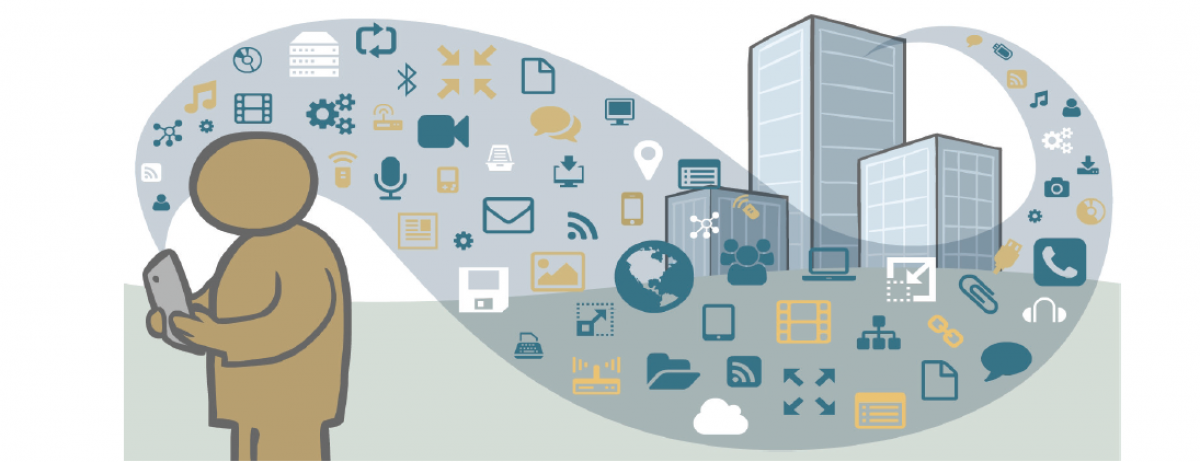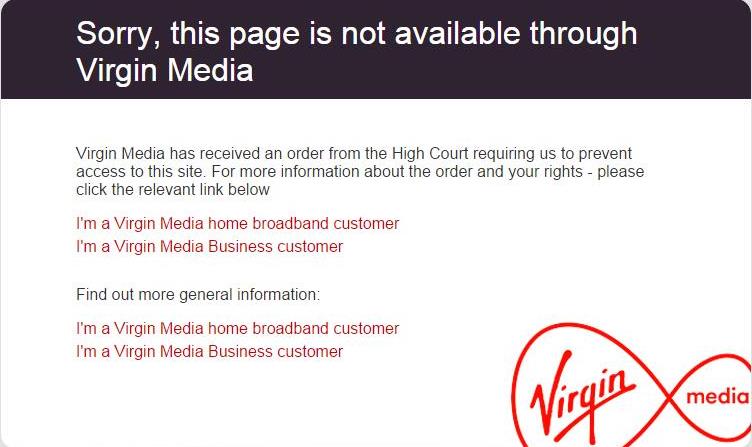
“Encryption is becoming public safety issue” – FBI
January 11, 2018
Surveillance is the business model of the internet
February 4, 2018The Story
Here, at Hidden Router, we know that being online is part of daily life, with Wi-Fi hotspots, mobile internet, and broadband connections spanning almost all of the US and other developed countries.
While this gives us an overwhelming amount of information at our fingertips, it also exposes surprisingly large amounts of our personal information to the rest of the online world and demolishes our online privacy.
Depending on the websites and services you use, all manner of data from your browsing habits through to your birthday, address and marital status can be harvested from your online presence.
Protect yourself – get the Hidden WiFi VPN Router now from our store, and protect your entire household!
Even if websites, connections and devices you use do their best to hide your personal information, there are still a myriad of risks to your online privacy; we’ve selected seven to watch out for over the next 12 months.
Web Tracking
Browse the web for any amount of time and you’ll notice adverts following you from site to site that are filled with products you may have been looking at earlier. That’s because you’re being tracked.
Website cookies have historically been used to track web browsing via a piece of data inserted into your browser, but other techniques such as MAC address and account tracking can be used to see what you’ve been doing on the web.
While some people might not mind this, preferring to have adverts served up to them that are relevant to their interests, some may find it an invasion of digital privacy.
In the European Union, websites have to notify visitors that they’re using cookies, and have to be transparent with any other methods they are using to follow you online.
But as data becomes more important to companies, developers and advertisers, there’s a lot more tracking going on by default.
If you’re concerned about online tracking, it’s always worth delving into the privacy settings of various services, apps and web browsers to make sure they’re set to give you the level of privacy you want. Alternatively, there all anti-tracking tools and browser extensions to keep your activity under wraps.
Data collection
Whereas tracking might follow you in real-time, a variety of internet companies and services can collect your browsing data and share your computer or router MAC address with third-party advertisers and companies.
With this data companies you have no direct interaction with can build up a pretty good profile of your internet habits and web browsing.
And this now extends to mobile apps, which in order to offer you their services will ask for access to your phone number, contacts and other deeper phone functions.
Services like Google Maps can also track your real-time and historic location by default, which can be great if you want to know where you may have stumbled off to after a heavy Friday night. But to others could be seen as always being stalked by faceless tech companies.
While this can be the price people need to accept for free apps and services, some the data they potentially surrender may be pretty invasive.
Lack of security
Websites and online services that don’t have the latest and most robust security, can effectively leave the information they might hold on you and the data flowing between your computer and a web server, at risk from hackers.
For example, websites using the now-outdated HTTP web communication standard, rather than the more robust HTTPS, lack an encrypted connection between a computer or smartphone and the web site it connects to. This means the data flowing between the two points can be monitored by other companies or potentially snooped on and stolen by hackers for more nefarious purposes.
Furthermore, if the servers that support a website or online service are hacked, then you could find that cyber criminals have access to some of your personal credentials, not just infringing upon your privacy but also paving the way for fraud and identity theft.
To avoid such problems, it’s worth trying to only use websites with encrypted connections and making sure you have up-to-date cyber security software.
And while you can’t prevent a web server from being hacked, using tools like two-factor authentication and keeping an eye out for any legitimate warnings that alert you to potential breaches of your data will help keep your personal information safer.
Connected everything
Smart TVs, fridges, thermostats, and speakers might seem like futuristic tech, but they can pose a threat to privacy.
A lack of security standards around the Internet of Things, the collective name given to connected and smart devices, means some devices might not have encrypted connections to the servers that power their smart features, or may be vulnerable to simple hacking techniques, making them ripe targets for cyber criminals.
Or alternatively, devices such as smart speakers could end up listening to you all the time, rather than just respond to an activation phrase, which, whether deliberately or not, would be a massive breach of privacy.
More regulations and standards are being created to ensure smart home devices are kept secure and the data they collect and use is done so in a fashion that does not infringe upon a user’s personal privacy. But for the time being, if you value your privacy, it’s worth selecting smart home tech that has strong security and is transparent on how the gadgets collect data.
Government spying
Some governments carry out online surveillance and don’t really allow their citizens to web browse privately. In the UK, the Investigatory Powers Act allows government authorities to legally spy on the browsing and internet use of British citizens.
As such, the government can directly breach your online privacy if they suspect you may be involved in criminal activity, though they need to apply for a warrant to do so, which should mean the average person isn’t being spied on by MI5.
However, the Investigatory Powers Act forces internet service companies to collect metadata on their customers and hold it for twelve months, which with a warrant can be collected in bulk by a government authority and used to combat terrorism or stop organised crime.
This means data relating to your personal internet use could get sifted through as part of a law enforcement task force even if you’re no way related to an investigation, which can be seen as pretty intrusive to your privacy.
Again, the use of the Hidden WiFi VPN Router will boost your online privacy by hiding your IP address from the prying eyes of government agents and the police.
Social networking
An open Facebook profile is arguably a stalker’s dream, with all manner of personal details, from current city of residence to phone numbers and photos available to browse and swipe.
And on Twitter, many users regularly post pictures with their location tagged, all of which allows for people to know their whereabouts with relative accuracy, as well as let savvy burglars know you’re not at home.
Privacy settings have been boosted on various social media sites to limit personal data to only friends or select contacts.
But there’s still the problem of your Facebook friends or Instagram followers, with fewer privacy settings, tagging you in pictures they have of you and your escapades, potentially exposing some of your personal activities, location, and information to their friends who maybe strangers to you.
While the use of social networking sites at their very core are the antithesis of privacy, the use of them can be more intrusive that you’d perhaps first realise.
So for people wanting to keep their profiles low-key, it’s worth taking time to go through the privacy options menu of such sites, and be aware of what you’re posting and how some updates can contain a lot more personal information than you’d think.]
Thanks to living in an ever-more connected world we have a lot more useful services and information but a mouse click or tap on a phone away; the downside is it exposes some of our personal data, habits, and life to a wider world.
But before you yank out the router and delete your Netflix account, there are techniques and approaches you can use to keep yourself away from prying eyes and fraudsters.
From tweaking web browser extensions and settings, to using the Hidden WiFi VPN Router and anonymous search engines; plenty of tools can help you enjoy the fruit of the internet without sacrificing your online privacy.



